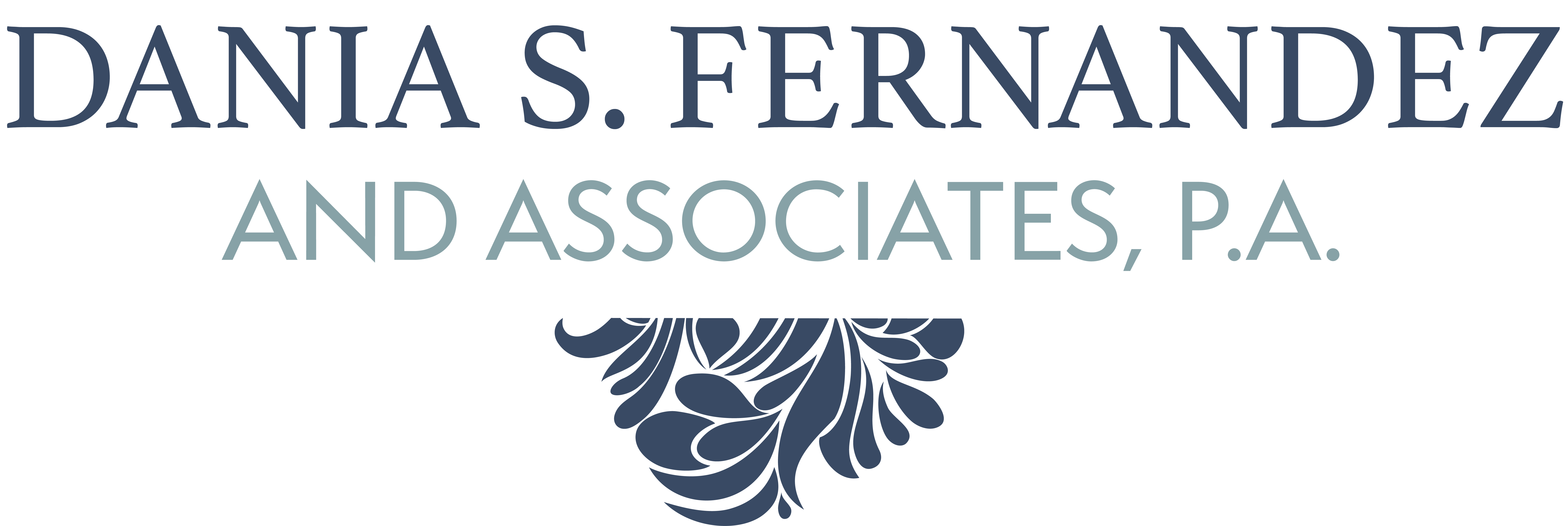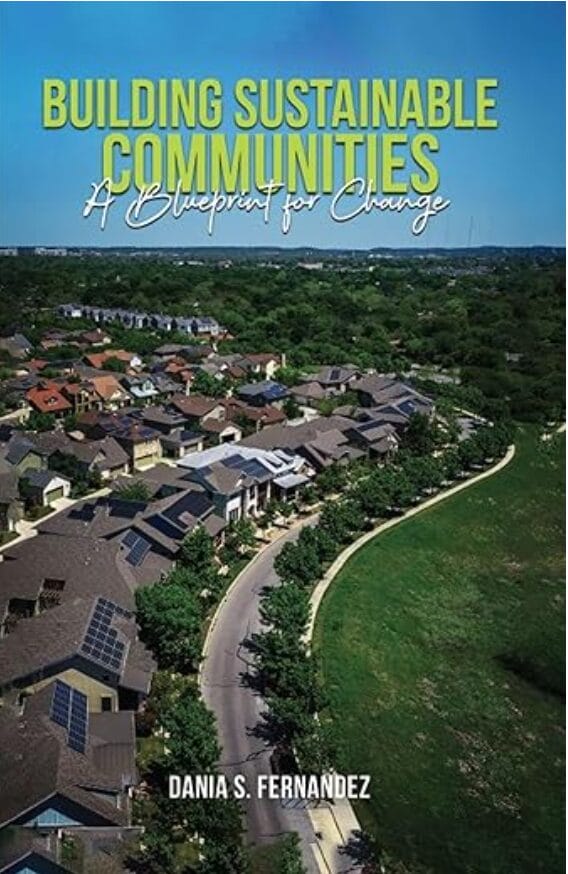
Recent legislation developments this summer have brought several changes to bills affecting Florida HOAs, including House Bill 293, House Bill 59 and House Bill 1203. Residents and association members should familiarize themselves with these changes. If you have any questions, don’t hesitate to ask our team at Dania Fernandez & Associates, P.A.
Summary of House Bill 1203
Effective July 1, 2024, House Bill 1203 ushered in significant changes for homeowners associations across the state. The bill introduces a comprehensive overhaul of various HOA governance aspects, including director education, records maintenance, meeting requirements and fining processes. Below is a high-level summary of the key updates and what they mean for your HOA.
Key Changes Introduced by House Bill 1203
- Community Association Managers (CAM) Requirements – The new bill stipulates that CAMs or CAM firms contracted by an HOA must attend at least one member or board meeting annually in person. HOAs must also provide members with the name, contact information, hours of availability, and a summary of duties for each assigned CAM or representative. This information must be posted on the HOA’s website or app and updated within 14 business days of any changes. Additionally, CAMs must complete at least 10 hours of continuing education annually and at least five hours biennially that pertain specifically to homeowners’ associations.
- Director Education Requirements – All HOA directors must participate in annual continuing education courses approved by the State. Directors of communities with fewer than 2,500 parcels need four hours of education annually. Directors of communities with 2,500 or more parcels need eight hours of education annually. This requirement aims to enhance directors’ knowledge and competence in managing HOA affairs, which is an area we’ve pushed for and encouraged for years.
- Architectural and Improvement Committee Decisions – Committees responsible for architectural, construction improvement, and similar tasks must now provide owners with written notice detailing the specific rule or covenant used to deny a request for construction or improvement. This change will help ensure transparency and clarity in board decision-making.
- Interior Modifications – The new law prevents the enforcement of rules or covenants that restrict interior modifications, as long as these changes are not visible from the parcel’s frontage, an adjacent parcel, common areas, or community golf courses. This provision protects owners’ rights to make changes within their homes without unnecessary restrictions.
- Fines and Suspensions – The fining process for HOAs has been significantly revised. For example, HOAs cannot fine owners for leaving garbage receptacles out within 24 hours before or after the designated collection time. Nor can they fine if holiday decorations remain up unless they stay up for more than a week past the deadline so long as the HOA gives written notice of the violation. Additionally, fines cannot be imposed for violations that are cured before the hearing, and owners have a 30-day window to pay imposed fines.
- Parking Restrictions – New rules state that covenants prohibiting pickup trucks from parking in areas where other passenger vehicles are allowed are not enforceable. Also, HOAs cannot restrict commercial vehicles or vehicles with visible insignias from parking in an owner’s driveway unless the vehicle meets the statutory definition of a commercial vehicle under Section 320.01(25), Florida Statutes.
- Digital Records and Website Requirements – HOAs must maintain official records for at least 7 years unless governing documents require a longer period. By January 1, 2025, all HOAs with 100 parcels or more must maintain a website and host digital copies of most of the association’s official records, including notices of meetings. This move is intended to improve transparency and accessibility of information for all members.
Preparing for the Changes
These changes aim to foster transparency, clarity, and fairness within HOA governance and to promote accountability in rule enforcement. It is crucial for all homeowners associations to review these new requirements and start preparing their communities to comply with the upcoming regulations.
If you have questions about understanding or implementing these changes, contact our team at Dania Fernandez & Associates, P.A. by calling 305-254-4492.


What happens when 2 consecutive Boards have still not distributed Milestone Inspection results that were finished 2 years ago?
The homeowners vote for for something and it passes. How long does the board have to give it to us?